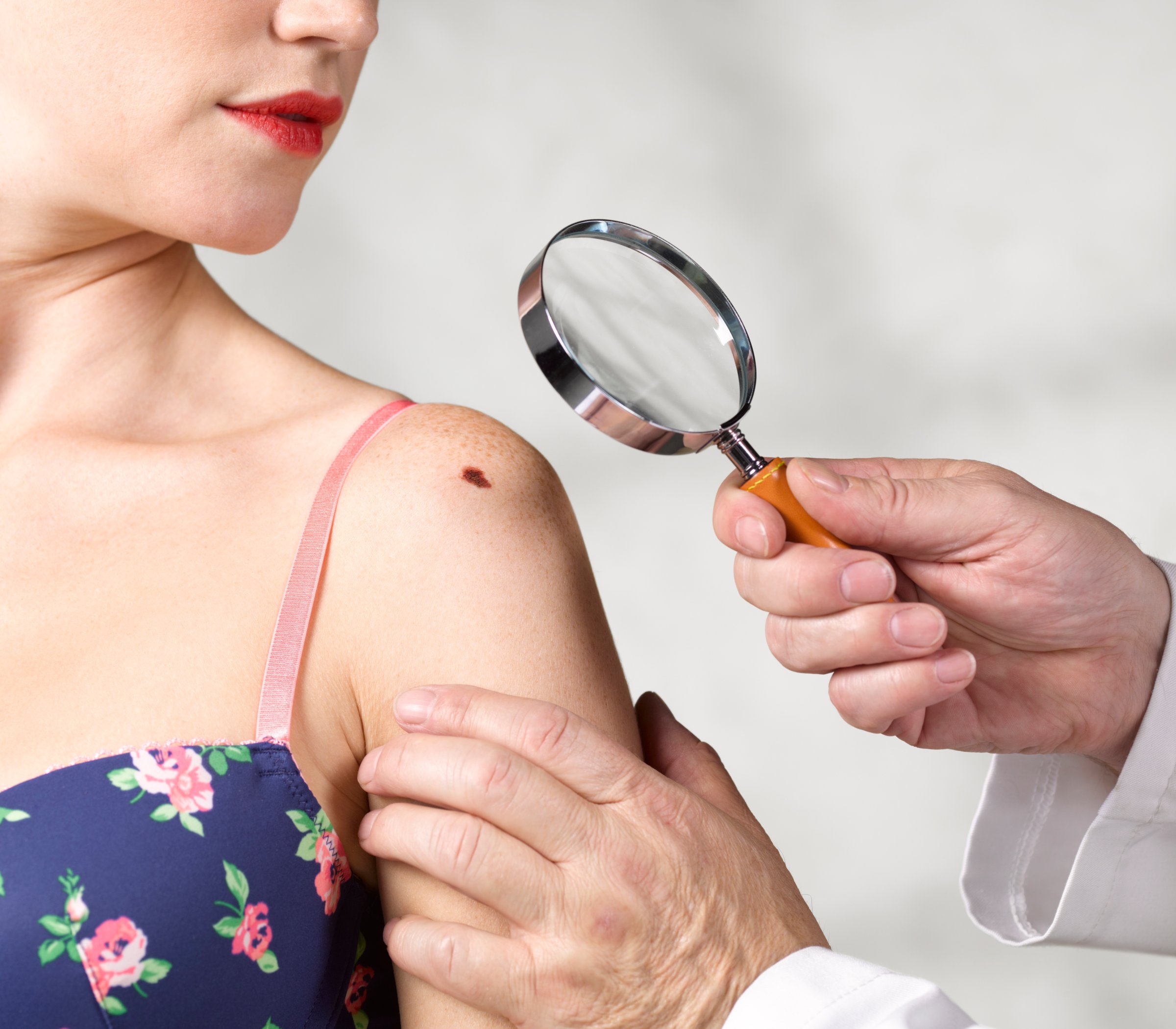
Early detection is critical with skin cancer, but how, exactly, abnormal growths should be screened for is up for debate. The U.S. Preventive Services Task Force (USPSTF) says that there isn’t enough evidence that screening can lower incidence of skin cancer or deaths from the disease.
That doesn’t mean that the visual test of the entire body is not useful; the USPSTF periodically reviews the available data on a particular topic and evaluates whether the data is strong enough to support a recommendation or not. At this point, there just isn’t enough data to advise doctors either way.
“The stream of evidence for skin cancer screening compared to other types of cancer screening for cervical, colorectal and breast cancers doesn’t exist,” says Dr. David Grossman, vice chair of USPSTF. “Skin cancer screening hasn’t been a highly active area with regard to data answering questions about potential harms and benefits.”
Some limited studies in Europe hint that after public awareness campaigns to educate people about whole body visual screening for skin cancer, rates of melanoma, the most deadly type of skin cancer, and non-melanoma skin cancers went down. In the U.S., says Grossman, “there hasn’t been a lot of investment in studies like this.”
For now, the USPSTF isn’t recommending whole body visual screening for healthy people, but it’s not discouraging such scans either.
The bottom line, for now, is that people should focus on preventing possible skin cancers in the first place — by wearing sunscreen, avoiding sun exposure during peak UV hours in the middle of the day, and avoiding tanning beds. “The first action people should be thinking about is protecting their skin,” says Grossman. And of course, if your doctor recommends an annual skin exam, you should do it, and if you notice any abnormal skin growths, you should see a dermatologist.
More Must-Reads From TIME
- The 100 Most Influential People of 2024
- Coco Gauff Is Playing for Herself Now
- Scenes From Pro-Palestinian Encampments Across U.S. Universities
- 6 Compliments That Land Every Time
- If You're Dating Right Now , You're Brave: Column
- The AI That Could Heal a Divided Internet
- Fallout Is a Brilliant Model for the Future of Video Game Adaptations
- Want Weekly Recs on What to Watch, Read, and More? Sign Up for Worth Your Time
Contact us at letters@time.com